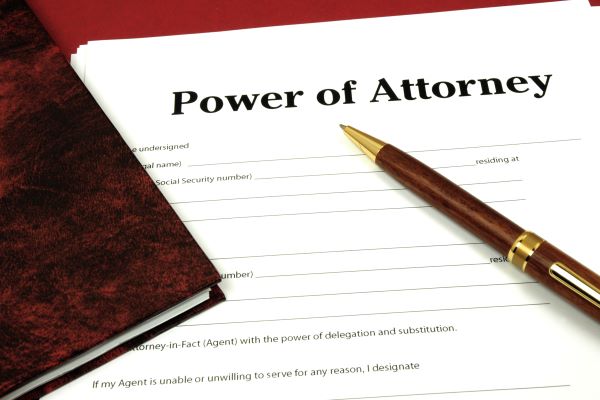Estate Planning for Seniors
Even though nearly half of Americans age 55 or older acknowledge that estate planning is important, few have wills, powers of attorney, or health care directives. These documents help guide your representatives to provide the end-of-life wishes you seek. Estate…









